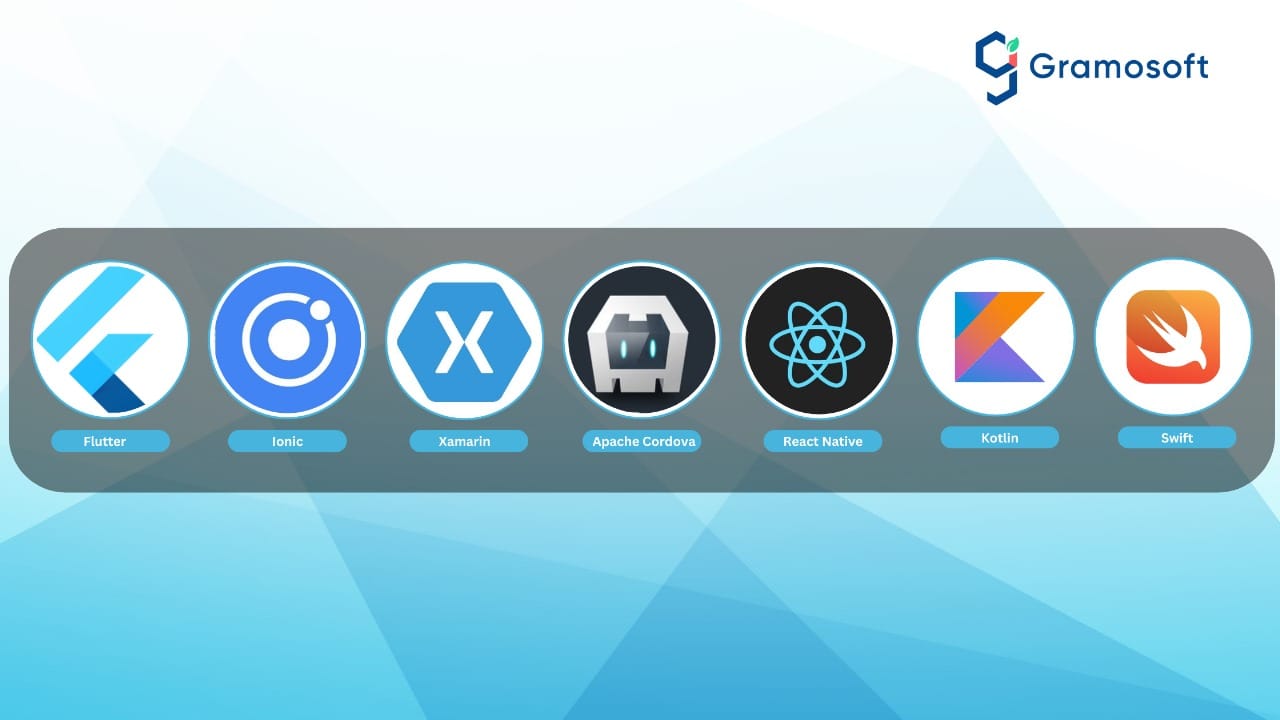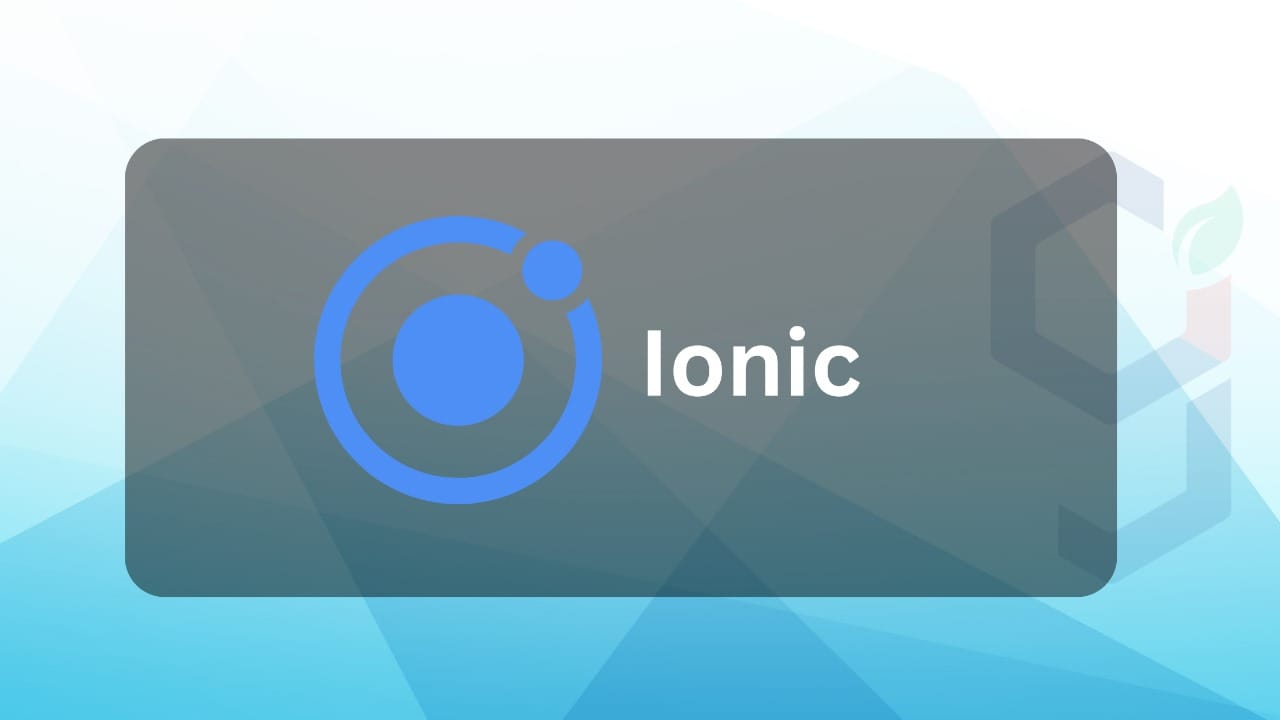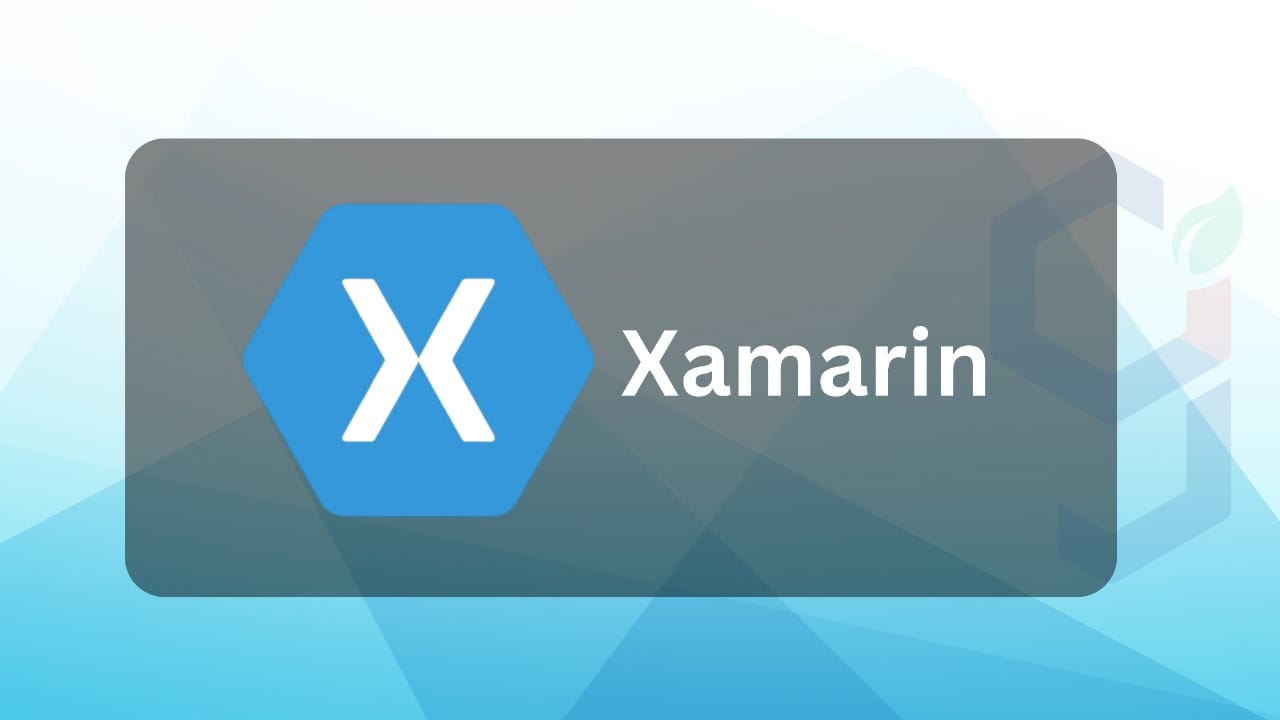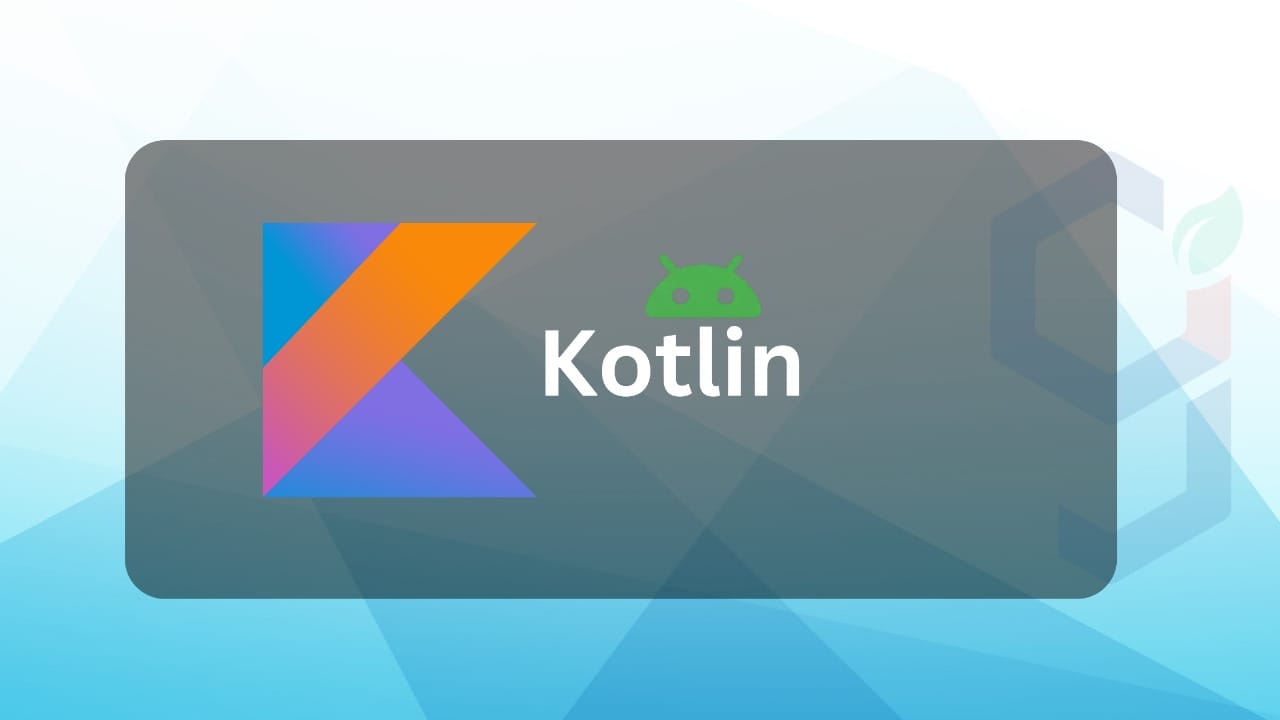Introduction
In today’s digital era, mobile apps play a crucial role in business growth, user engagement, and digital transformation. Choosing the right mobile app development platform is essential for building high-quality applications that offer great performance, scalability, and user experience. This blog explores the best mobile app development platforms available today and their key features.

1. Flutter

Flutter, developed by Google, is an open-source UI toolkit that allows developers to create natively compiled applications for mobile, web, and desktop from a single codebase.
Key Features:
- Uses Dart programming language
- Hot reload for faster development
- Rich set of customizable widgets
- High performance with Skia rendering engine
Best For:
- Cross-platform app development
- Beautiful UI designs and animations
- Fast MVP development
2. Ionic

Ionic is an open-source framework for building hybrid mobile apps using web technologies like HTML, CSS, and JavaScript.
Key Features:
- Uses web technologies (HTML, CSS, JavaScript)
- Pre-built UI components
- Capacitor for native device features
- Strong community support
Best For:
- Progressive Web Apps (PWAs)
- Hybrid apps with a web-based approach
- Rapid prototyping and development
3. Xamarin

Xamarin, backed by Microsoft, allows developers to build cross-platform applications using .NET and C#.
Key Features:
- Native performance with C# and .NET
- Access to platform-specific APIs
- Integrated with Visual Studio
- Reusable business logic across platforms
Best For:
- Enterprise-level apps
- Apps requiring native UI and performance
- Developers familiar with .NET and C#
4. Apache Cordova

Apache Cordova (formerly PhoneGap) is an open-source mobile development framework that allows developers to build apps using web technologies.
Key Features:
- Uses HTML5, CSS3, and JavaScript
- Plugin architecture for native functionality
- Cross-platform development support
- Large plugin ecosystem
Best For:
- Simple mobile apps
- Web developers transitioning to mobile development
- Apps requiring minimal native features
5. React Native

React Native, developed by Facebook, is a popular JavaScript framework for building cross-platform mobile apps using a single codebase.
Key Features:
- Uses JavaScript and React framework
- Hot reloading for efficient debugging
- Strong community support
- Native modules for better performance
Best For:
- Cross-platform apps with near-native performance
- Apps requiring reusable components
- Quick development with JavaScript
6. Kotlin (for Android Development)

Kotlin is Google’s preferred language for Android app development, offering improved readability, safety, and performance.
Key Features:
- Interoperable with Java
- Reduces boilerplate code
- Enhanced security features
- Officially supported by Google
Best For:
- Native Android apps
- Apps requiring high security and efficiency
- Modern Android development practices
7. Swift (for iOS Development)

Swift is Apple’s powerful programming language for building iOS applications with superior performance and security.
Key Features:
- Fast and modern programming language
- Seamless integration with Apple’s ecosystem
- Advanced memory management
- High security and performance
Best For:
- Native iOS apps
- Performance-intensive applications
- Apple-exclusive applications
Conclusion
Choosing the right mobile app development platform depends on factors like project requirements, target audience, budget, and developer expertise. Platforms like Flutter, React Native, Swift, Kotlin, Xamarin, Ionic, and Apache Cordova each offer unique advantages for different project needs. At Gramosoft, our experienced team excels across all these platforms, carefully evaluating client requirements to recommend the optimal approach. Our proven methodology, technical expertise, and commitment to quality assurance ensure we deliver exceptional mobile applications that exceed expectations while remaining competitive in the evolving digital landscape.

 Aug 9, 2025
Aug 9, 2025